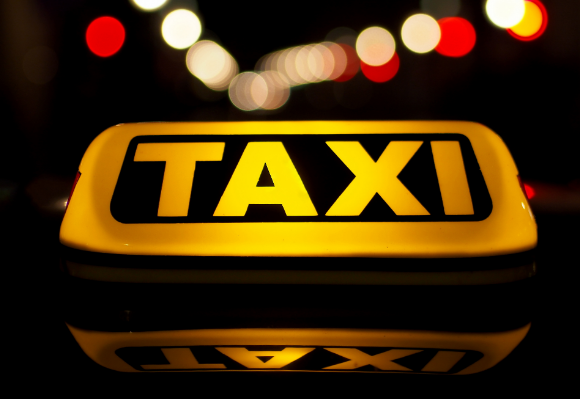Ride-hailing Customers Complain About Off App Rate Hikes

Some Nairobi cab customers have complained about ride hailing drivers demanding fares 1.5 times higher than the ones calculated by the app.
This follows a notice issued by a union of Nairobi Online Drivers stating that customers would no longer be charged based on the rates listed by the platforms. Earlier this month, cab drivers associated with Uber, Bolt, Faras, and Little kicked off a one week strike lamenting that the rates were exploitative. The strike did not turn out to be entirely successful as some drivers decided to ignore the slowdown, opting to take advantage of the diminished rides around the city and the higher surge prices.“We would love to notify the public that due to high economic standards, we will not be able to operate under the rates of Uber, Faras, and Bolt,” the online drivers stated. “Our new estimated prices shall be determined by multiplying 1.5 on top of the original prices of the apps into different locations.”
Why Customers are ComplainingSeveral customers have complained on social media platforms, citing that they were unprepared to pay extra fares after a trip commenced or ended. Other customers have also said that some drivers are rejecting payments using cards.
“If they don’t like working with app companies, then ship out and leave a few who are comfortable working with mobile taxi companies. This problem started when too many cab drivers joined taxi hailing companies,” said a frustrated user on X (formerly Twitter).
“Even though we empathise with Uber drivers, everyone is going through economic hardship, so theirs isn’t an isolated case. It also doesn’t make sense why they would use the app to quickly get customers but impose their own pricing system,” another customer said.
The debacle has led to some frustrated customers dishing out one-star reviews on the apps, others pledging to quit using the platforms. Uber has noted that the actions displayed by the drivers are an infringement of the platform’s rules, and although it did not mention what course of action would be pursued, it is likely that some drivers may get deregistered and that, eventually, platforms may cede to the driver’s demands.
Why Some Customers Don’t Mind itHowever, other customers have blamed ride-hailing platforms for ignoring the drivers’ plight. They have pointed out that the rates assigned by the companies leave drivers at a disadvantage as they are unable to make ends meet or cover the expenses of driving a cab.
“Those [modified] rates are very practical. I honestly don’t understand how they have been surviving and paying loans considering the companies take 70% of what you pay. I have always topped up without anyone asking because I understand how a car works,” another customer sympathized with the drivers.
“Just ask your Uber about two things: their working conditions and under regulation of their industry, and all the strikes, court cases and picketing they have done outside ride-hailing company offices. There is a lot that’s brought them to this moment,” said another user.
Yet other customers feel that it is unfair for them to bear the weight of unresolved conflicts between app drivers and the platforms’ management. According to them, such an action is a gross violation of customer service and reeks of greed and unprofessionalism.
The uncertainty lingering in this issue has brought about nasty confrontations between drivers insisting customers pay their mandated price and customers only willing to pay the app-calculated fares.
What Ride Hailing Companies are Saying“Requesting additional payment over and above what is displayed on the app goes against our Community Guidelines and we encourage riders to report such instances in the app for further investigation,” an Uber spokesperson told The Kenyan Wall Street.
“Our drivers are compensated fairly, and we have established a well-set pricing structure that meets their expectations and needs. This ensures that our riders are not affected. It’s a Kenyan app designed for Kenyan drivers and Kenyan riders,” Kamal Budhabhatti, CEO of Little, said.
Editor’s note: This article has been updated to include comments from Little Cab.



